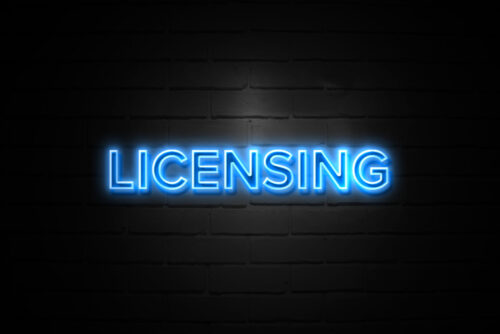
As a new business owner with products or services just entering the market, you may want to turn to other, more established third parties to push for extra revenues and royalties. But at the same time, you may want to ensure that the intellectual property rights you worked so hard to earn remain protected at all costs. Well then, you may be inclined to look into the possibility of entering a licensing agreement with this third party. For this, please follow along to find out what to know before going forward with licensing your intellectual property and how a proficient New Jersey licensing agreement lawyer at The Ingber Law Firm can guide you all throughout this legal process.
What information should I know before licensing my intellectual property?
First of all, a licensing agreement is a legal contract in which you (i.e., the licensor) allow another party (i.e., the licensee) to use a specific portion of your intellectual property for a defined period, in exchange for revenue or royalty, all while you retain ownership rights over it. In a sense, this is like renting out the right to use your intellectual property. However, licensing your intellectual property may not be as straightforward as this description lets on. Rather, you should know the following pieces of information before moving forward:
- You must pay attention to where you allow the licensee to use your intellectual property (i.e., territorial rights).
- You must pay attention to how long you allow the licensee to use your intellectual property (i.e., duration of license).
- You must pay attention to your compensation type and schedule, and the provisions you have for auditing financial records (i.e., royalty structure).
- You must pay attention to the provisions you have to avoid diluting or misrepresenting your intellectual property (i.e., quality control standards).
- You must pay attention to whether you allow the licensee to sub-license your intellectual property, and to what extent (i.e., sub-licensing rights).
Why should I have a lawyer assist me when licensing my intellectual property?
Obviously, you do not want to get locked into a legal contract, such as a licensing agreement, that does not work in your best interest. This is the simplest reason you should have a lawyer proof your proposed agreement before you put pen to paper.
More specifically, though, your acquired lawyer may be able to assure you whether the included termination clauses are solid; that is, if these clauses protect you by mitigating risks and providing an easy exit strategy if your collaboration with this third party goes sour. Plus, they may ensure that details regarding dispute resolutions are disclosed, whether it be mediation, arbitration, or litigation. And if disagreements do arise in the future, your lawyer may most definitely guide you through any of these given avenues.
There is no sense waiting to seek legal assistance if you already know you wish to license your intellectual property. So please reach out to a talented Essex County, New Jersey intellectual property lawyer from The Ingber Law Firm today.